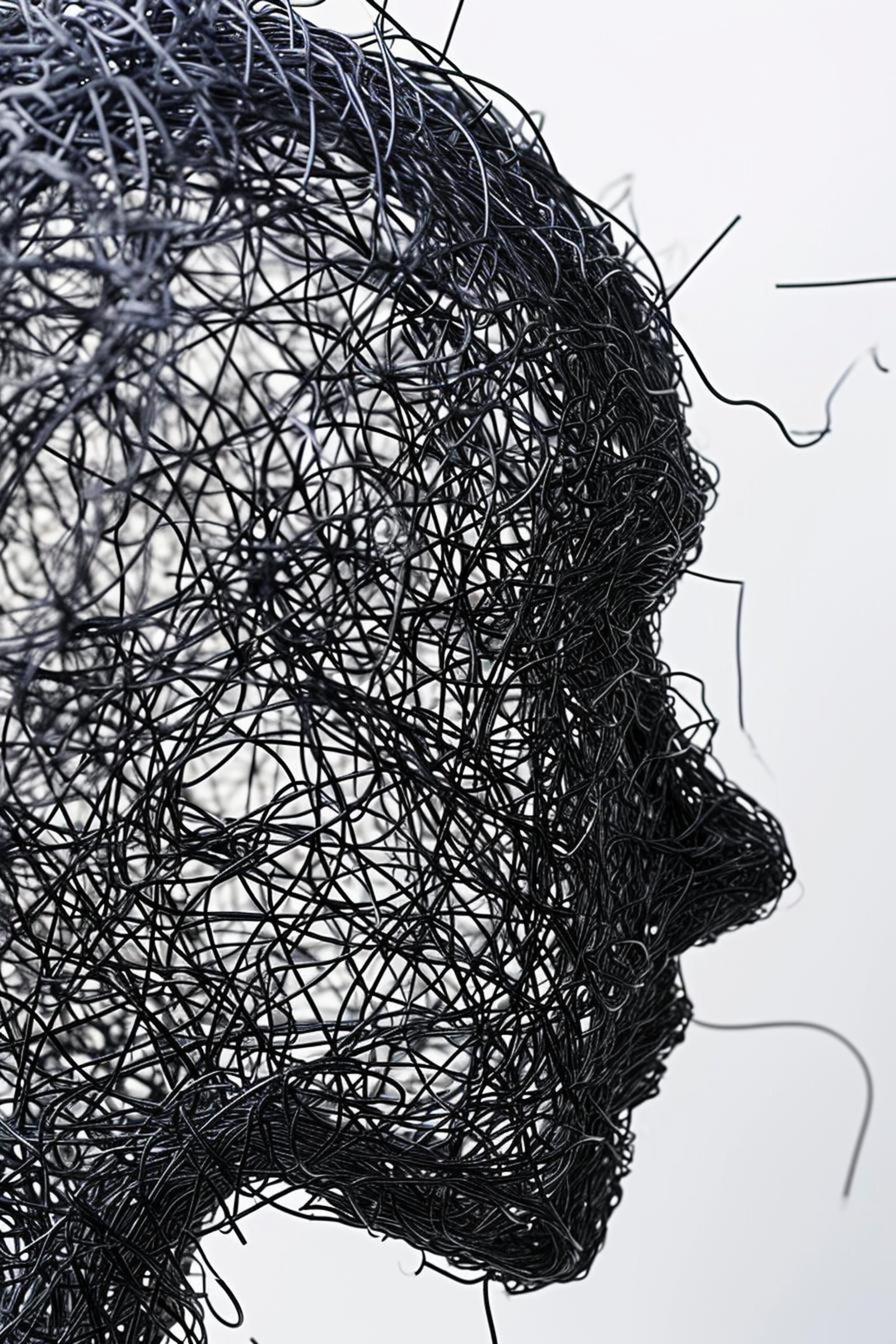“Rewiring Resilience: How Youth Can Hack Their Habits and Train Their Brains”
And when we say re-wiring as Halie Olsen from MIT puts it so eloquently
“If you’re asking whether you can remove all memories of your ex from your head, then no. (That’s probably for the best – just watch Eternal Sunshine of the Spotless Mind.) However, if you’re asking whether you can teach a dog new tricks – that have a physical implementation in the brain – then yes.
From “Fixed Wiring” to Mental Flexibility: A New Era for the Brain
For most of the 20th century, neuroscientists believed your brain was like a machine—once built, its circuits were fixed. Damaged parts were thought to be irreparable. You were, quite literally, “hard-wired.”
But then, everything changed. The forgotten genius Dr.Paul Bach-y-rita ,that spent most of his life proving that in fact we are not so hard-wired and everything can change if you find just keep trying.
Enter neuroplasticity—the science of how the brain can change, adapt, and grow at any age. No longer just a concept for recovery after injury, it’s now at the heart of everything from elite performance training to youth resilience coaching.
In The Brain That Changes Itself by Norman Doidge, there’s a metaphor that flips the old model on its head:
“If the main road is blocked, the brain will find another way—perhaps a back road. At first, it’s slow, bumpy, and unfamiliar. But with use, that back road becomes a highway.”
What does that mean for youth?
It means this: You’re not stuck. You’re shaping your brain every single day.
🧩 Habits: The Hidden Highways of the Mind
So how does this all connect to habit formation
Think of habits as the neural highways in your brain. Every time you repeat an action—checking your phone, avoiding conflict, procrastinating, meditating—you’re reinforcing a specific neural pathway. Over time, that path gets “myelinated”—a fatty coating that makes the signal move faster and stronger.
Now, here’s the kicker:
🔁 You can rewire those roads.
The brain is plastic, not permanent.
Whether it’s learning to handle emotions, building grit, or finding joy in small wins, resilience isn’t a trait. It’s a trainable skill set. And habits are the vehicle.
🧠 The Brain on Emotion: What’s Actually Happening?
- Amygdala: This is your brain’s threat detector. In trauma or stress, it lights up like a fire alarm. Resilience coaching helps youth calm this system through reappraisal, and reframing techniques.
- Prefrontal Cortex: The CEO of the brain. It governs planning, impulse control, and focus. It’s the part we engage in mindfulness and decision-making—skills essential to forming intentional habits and probably not making stupid decisions.
- Hippocampus: Memory central. It’s where experiences (good and bad) get coded and recalled. When we teach youth to reflect, journal, or reframe situations, we’re helping them reshape the narrative stored here.
- Dopamine System: The reward network. Every time we succeed at a small goal, the brain gets a dopamine hit. Building micro-habits that are rewarding (and I mean micro: “got out of bed before 9am”) helps reinforce the behavior.
🔄 Small Habits, Big Change: Building Resilience One Routine at a Time
What if resilience isn’t about bouncing back—but bouncing forward?
That’s where neuroplastic coaching comes in. Youth don’t just need motivational speeches. They need systems. Science-backed methods. Feedback loops. Questions like:
- What’s one daily habit that helps you feel emotionally balanced?
- Where do you usually get stuck? What triggers your shutdown?
- What’s a small win you can repeat every day?
When these questions become habits, and habits become routines, the brain rewires itself.
🎯 So What Can We Teach Youth and Anyone really?
Resilience is a muscle. Train it with micro-habits.
There’s always another road—and your brain will find it.
Emotions are data. Understand your circuits to reprogram your responses.
“You have control over your life—it doesn’t control you. If the road is blocked, we’ll find a new one. Let’s figure it out together.”
To find out more and book a discovery call on how resilience and neuroplasticity can help you move forward, just click here https://calendly.com/hello-youryouthlifecoach

